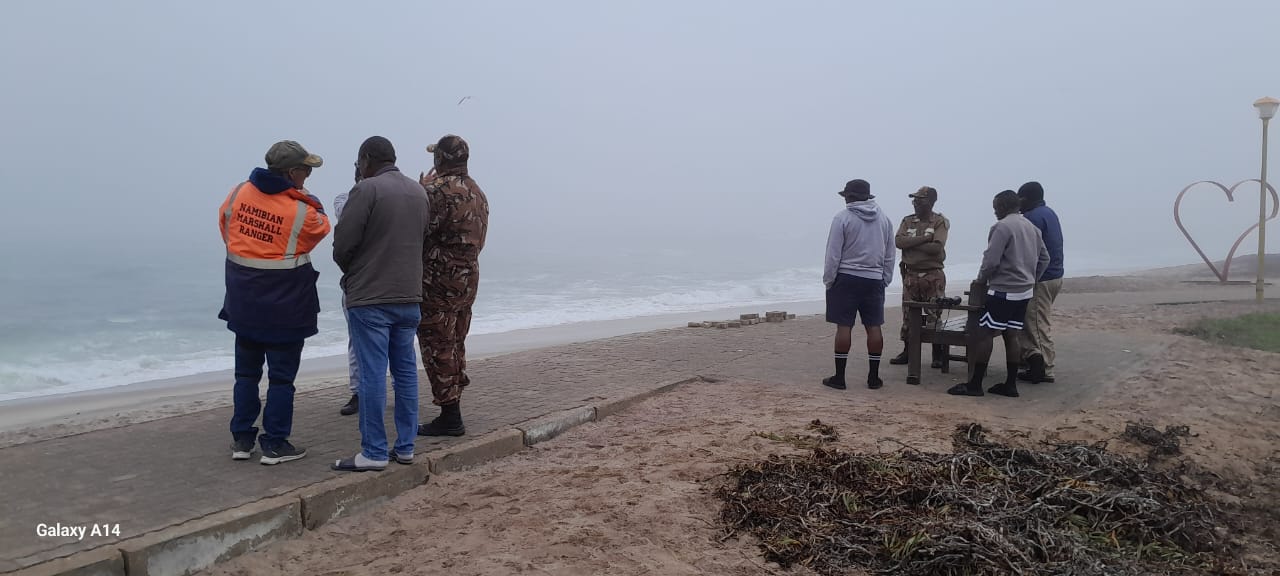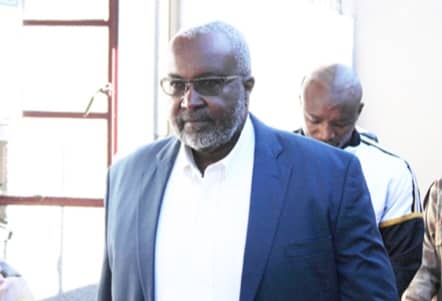WASHINGTON – Much of the intelligence that prompted US authorities to raise alerts around major financial institutions indicated that al Qaeda studied the sites as potential targets before the September 11, 2001 attacks, The Washington Post said yesterday.
The newspaper cited anonymous US intelligence and law enforcement officials as saying that most of the information was at least three years old and had been obtained through the Internet or other “open sources” available to the public, including some floor plans. “There is nothing right now that we’re hearing that is new,” said one senior law enforcement official who was briefed on the alert.”Why did we go to this level?… I still don’t know that.”A Homeland Security alert was issued Sunday identifying as possible al Qaeda targets the New York Stock Exchange and Citigroup in New York City, Prudential Finance in Newark, New Jersey, and the World Bank and the International Monetary Fund in Washington.The five cited targets were subjected to their highest level of security since the September 11, 2001 attacks, with barricades, rapid response teams and sniffer dogs providing several rings of protection.The information that sparked the terror alert was stored in computer files, e-mail addresses and cell-phones text messages seized by Pakistani authorities after the June 12 arrest and interrogation of suspected al Qaeda operative Musaad Aruchi in Karachi, officials told the Post.US President George W Bush on Monday rejected criticism that the public alert only served to generate panic about a situation over which ordinary people had little or no control.”We have an obligation: When we find out something, we got to share it,” Bush said.”If we were just silent on the subject, I think that people would be a lot more nervous.”Although not named on the target list, other high-profile buildings and institutions, such as the United Nations and the US Capitol, also upgraded their security.”It’s a serious business,” Bush told reporters.”I mean, we wouldn’t be, you know, contacting authorities at the local level unless something was real.”- Nampa-AFP”There is nothing right now that we’re hearing that is new,” said one senior law enforcement official who was briefed on the alert.”Why did we go to this level?… I still don’t know that.”A Homeland Security alert was issued Sunday identifying as possible al Qaeda targets the New York Stock Exchange and Citigroup in New York City, Prudential Finance in Newark, New Jersey, and the World Bank and the International Monetary Fund in Washington.The five cited targets were subjected to their highest level of security since the September 11, 2001 attacks, with barricades, rapid response teams and sniffer dogs providing several rings of protection.The information that sparked the terror alert was stored in computer files, e-mail addresses and cell-phones text messages seized by Pakistani authorities after the June 12 arrest and interrogation of suspected al Qaeda operative Musaad Aruchi in Karachi, officials told the Post.US President George W Bush on Monday rejected criticism that the public alert only served to generate panic about a situation over which ordinary people had little or no control.”We have an obligation: When we find out something, we got to share it,” Bush said.”If we were just silent on the subject, I think that people would be a lot more nervous.”Although not named on the target list, other high-profile buildings and institutions, such as the United Nations and the US Capitol, also upgraded their security.”It’s a serious business,” Bush told reporters.”I mean, we wouldn’t be, you know, contacting authorities at the local level unless something was real.”- Nampa-AFP
Stay informed with The Namibian – your source for credible journalism. Get in-depth reporting and opinions for
only N$85 a month. Invest in journalism, invest in democracy –
Subscribe Now!










